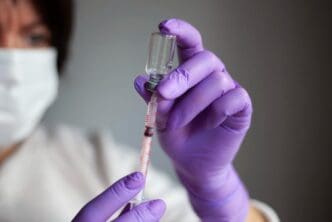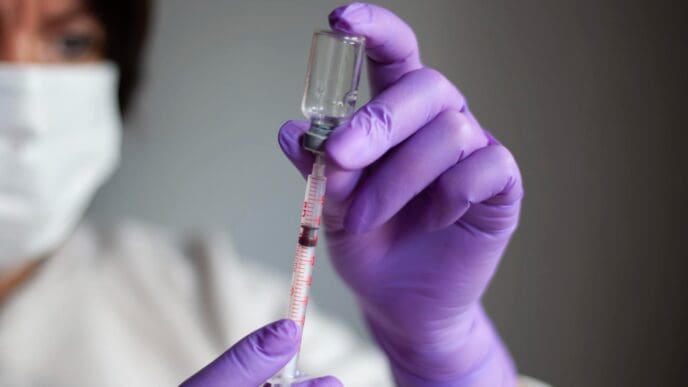Endometriosis is a complex condition affecting countless individuals worldwide, yet misconceptions regarding its causes and treatments persist.
Endometriosis involves tissue similar to the uterine lining growing outside the uterus, causing potential symptoms like pain during periods, intercourse, and bowel movements. Chronic fatigue and mental health issues may also occur. The condition affects around 10% of females during reproductive years, and while rare, can also appear in males. A major hurdle is the delay in diagnosis due to symptom variability.
Understanding the truth about endometriosis can be complicated by the myths surrounding it. For instance, while endometriosis often causes severe period pain, this isn’t universal. Symptoms can vary dramatically, with some experiencing mild pain or none at all. Speaking with healthcare professionals is crucial to understanding individual symptoms.
Pregnancy is often misunderstood as a cure for endometriosis. Though hormonal changes during pregnancy may alter symptom severity, there is no evidence to suggest it offers a definitive benefit or cure for all. Hysterectomy is another procedure mistakenly believed to cure endometriosis. While it may alleviate symptoms for many, the underlying condition can persist, particularly where lesions exist outside the uterus.
A common misconception is that endometriosis only affects female reproductive organs. In reality, lesions are often found in the pelvis but can appear throughout the body, even in the lungs or the brain. This widespread presence can lead to diverse symptoms, sometimes causing significant pain, yet the condition can also exist without noticeable symptoms.
Menopause does not necessarily put an end to endometriosis. Some individuals continue to experience symptoms post-menopause, indicating the condition’s persistence beyond active reproductive years. Moreover, while endometriosis often correlates with fertility issues, it does not automatically result in infertility.
The myth linking abortion to endometriosis is politically charged rather than scientifically substantiated. No evidence supports this claim, and genetic factors or other causes are believed to play a role.
Birth control pills are beneficial in managing symptoms of endometriosis by regulating hormones but are not a cure. New therapies and medications continue to evolve, providing different avenues to manage pain associated with the condition.
Research shows high estrogen does not cause endometriosis, though estrogen-blocking treatments can help manage symptoms. The condition may also involve immune responses, pointing to inflammation’s role in developing endometriosis.
Debunking myths surrounding endometriosis is essential for clear understanding and effective management. Ongoing research is vital in providing insights and improving outcomes for those affected.
Source: Medicalnewstoday












